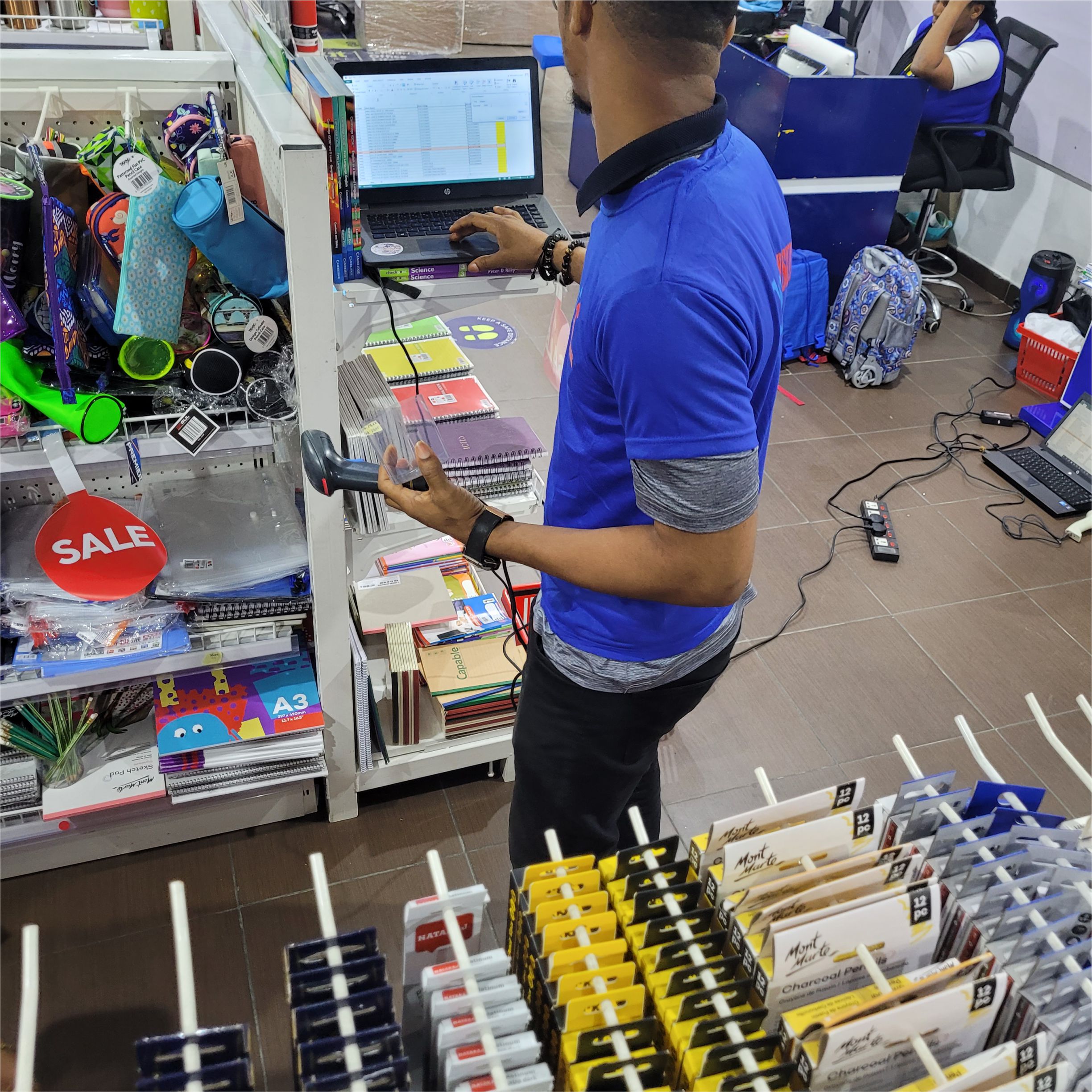This article aims to provide you with insight and best practices in areas of Stocktaking and Inventory Management most businesses and companies in Nigeria struggle with in recent times.
In 2024, based on the current trends and challenges faced by companies in Nigeria, some common areas where businesses often struggle with stocktaking and inventory management include:
• Lack of Real-time Monitoring: Many companies still struggle with implementing systems that allow for real-time tracking of inventory levels. This lack of visibility can lead to stockouts, overstocking, and inefficient order fulfillment.
• Poor Demand Forecasting: Inaccurate demand forecasting can result in excess inventory or shortages. Companies often struggle with having the right data and tools to predict customer demand accurately. This can tie up capital in excess inventory or lead to stockouts and lost sales.
• Inventory Count Accuracy: Companies often have discrepancies between what's recorded and what's physically present due to errors in data entry, theft, loss, or damage that hasn't been reported properly. They frequently face challenges in maintaining accurate inventory counts due to manual processes, human error, or lack of proper training for staff involved in stocktaking.
• Supplier Management: Maintaining good relationships with suppliers and ensuring reliable supply chain operations can be challenging, especially with issues such as late deliveries, quality problems, or communication gaps.
• Supply Chain Disruptions: While this is a global issue, Nigerian businesses can be particularly affected by local infrastructural problems, import-export challenges, and regulatory changes that disrupt the supply chain.
• Obsolete Inventory: Many businesses struggle to manage and minimize obsolete stock. This includes items that are no longer in demand, expired, or outdated due to the fast pace of market change, particularly in technology and consumer goods.
• Inventory Shrinkage: Theft, fraud, and pilferage continue to be major concerns. Even with security measures in place, inventory shrinkage can significantly impact the bottom line. Ensuring security measures, proper stock handling procedures, and regular audits are vital to minimize losses.
• Warehouse Organization: Inefficient warehouse layouts, poor storage practices, and lack of proper picking and packing processes can hinder productivity and lead to errors in inventory management.
• Technology Adoption: Many businesses struggle with adopting and integrating new inventory management like RFID, barcoding, automated systems, IoT devices, or advanced analytics tools to optimize their operations This leads to inefficiencies and increases the likelihood of human error. ent technologies such as
• Lack of Training: Despite the importance of inventory management, there is often a lack of trained personnel with expertise in this field. Companies struggle to find and retain skilled professionals who can effectively manage inventory and implement best practices. This has led to improper handling of stock, inefficiencies in stocktaking procedures, and mismanagement of inventory levels.
IN CONCLUSION
To overcome stocktaking and inventory management challenges in Nigeria, businesses must invest in technology, train staff, adopt best practices, and stay compliant with regulations. Our company offers tailored solutions to optimize supply chains, reduce costs, and enhance efficiency. With strategic planning and ongoing support, we empower businesses to thrive in Nigeria's competitive market.






